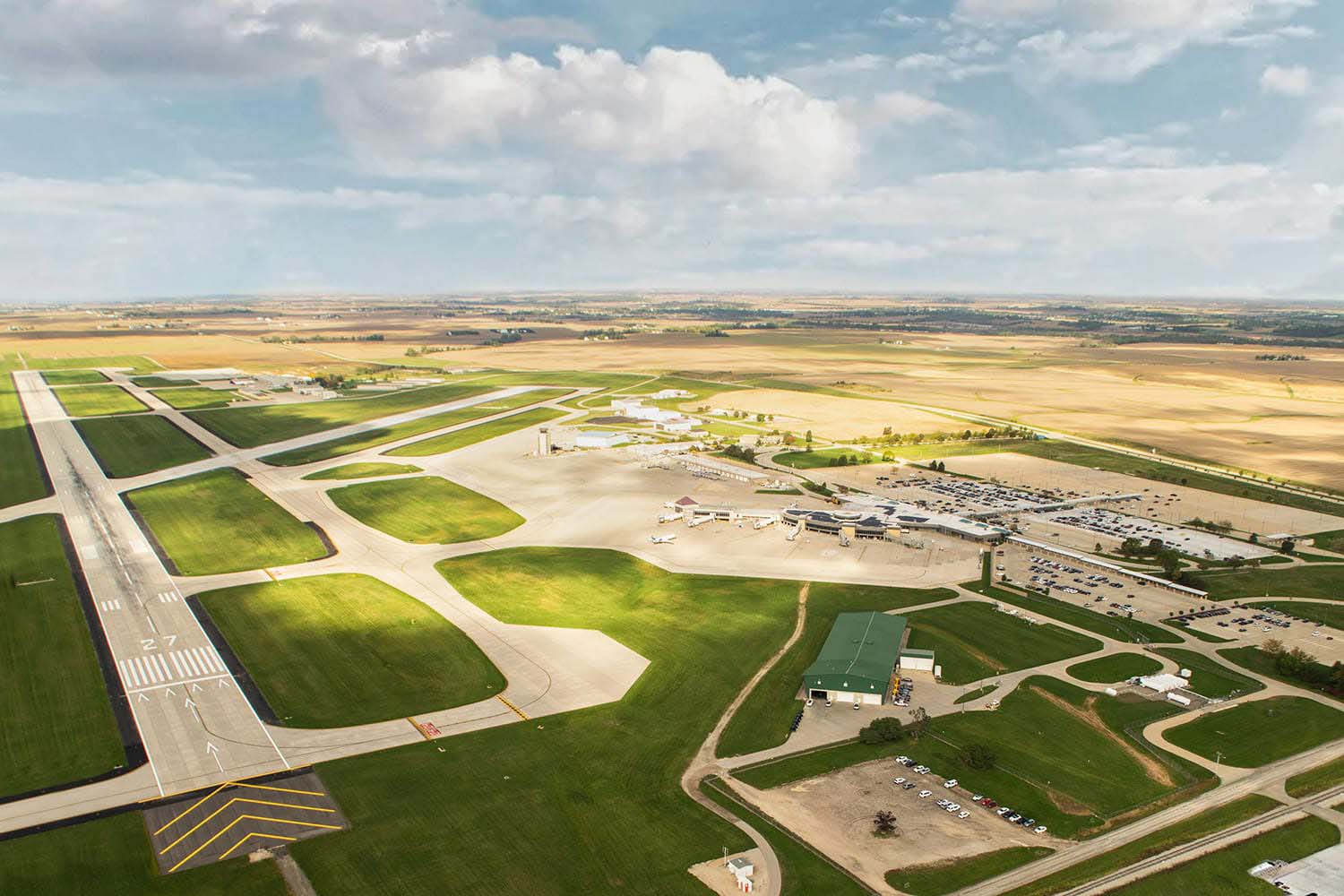


In 1800, Spain returned Louisiana to France. In 1762, late in the French and Indian War, France secretly ceded Louisiana west of the Mississippi River to Spain in the Treaty of Fontainebleau. From the 16th to the mid-18th centuries, the Kingdom of France laid claim to large parts of North America. See also: Timeline of Topeka, Kansas and History of Kansas Early history įor many millennia, Native Americans inhabited the Great Plains of North America. Ferguson and declared racial segregation in public schools to be unconstitutional. Board of Education of Topeka, which overturned Plessy vs. The city is well known for the landmark U.S. The city, laid out in 1854, was one of the Free-State towns founded by Eastern antislavery men immediately after the passage of the Kansas–Nebraska Bill. Topeka's founders chose the name in 1855 because it "was novel, of Indian origin, and euphonious of sound." Mixed-blood Kansa Native American, Joseph James, called Jojim, is credited with suggesting Topeka's name. As a placename, Topeka was first recorded in 1826 as the Kansa name for what is now called the Kansas River. The name "Topeka" is a Kansa-Osage word that means "place where we dig potatoes", or "a good place to dig potatoes". The Topeka metropolitan statistical area, which includes Shawnee, Jackson, Jefferson, Osage, and Wabaunsee Counties, had a population of 233,870 in the 2010 census. As of the 2020 census, the population of the city was 126,587. It is along the Kansas River in the central part of Shawnee County, in northeast Kansas, in the Central United States. state of Kansas and the seat of Shawnee County. Topeka ( / t ə ˈ p iː k ə/ tə- PEE-kə Kansa: tó ppí kʼé Iowa-Oto: Dópikˀe or Dópiúkˀe ) is the capital city of the U.S.


 0 kommentar(er)
0 kommentar(er)
